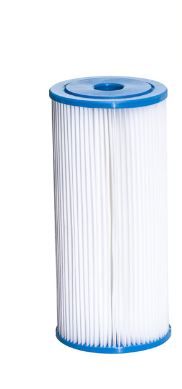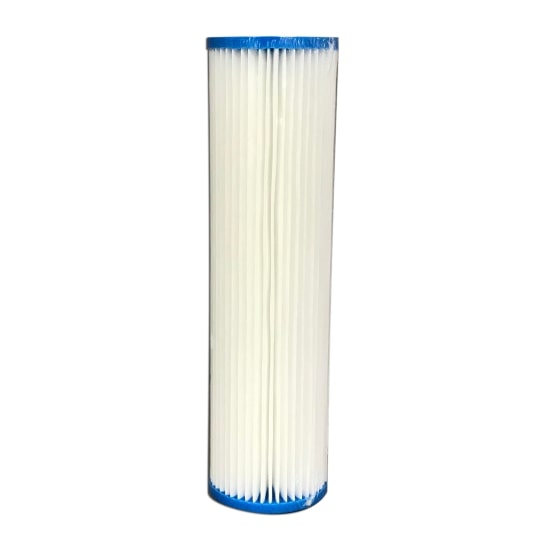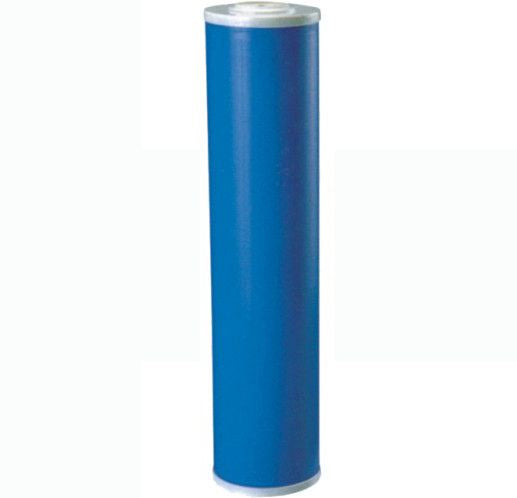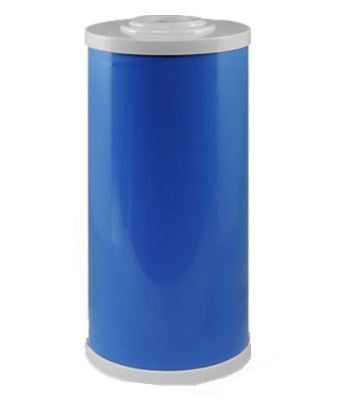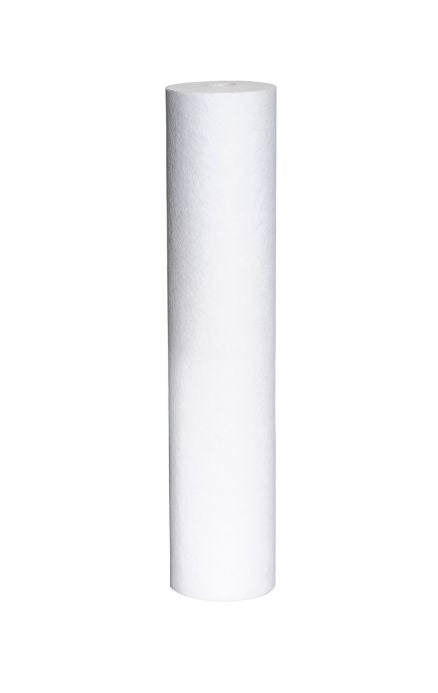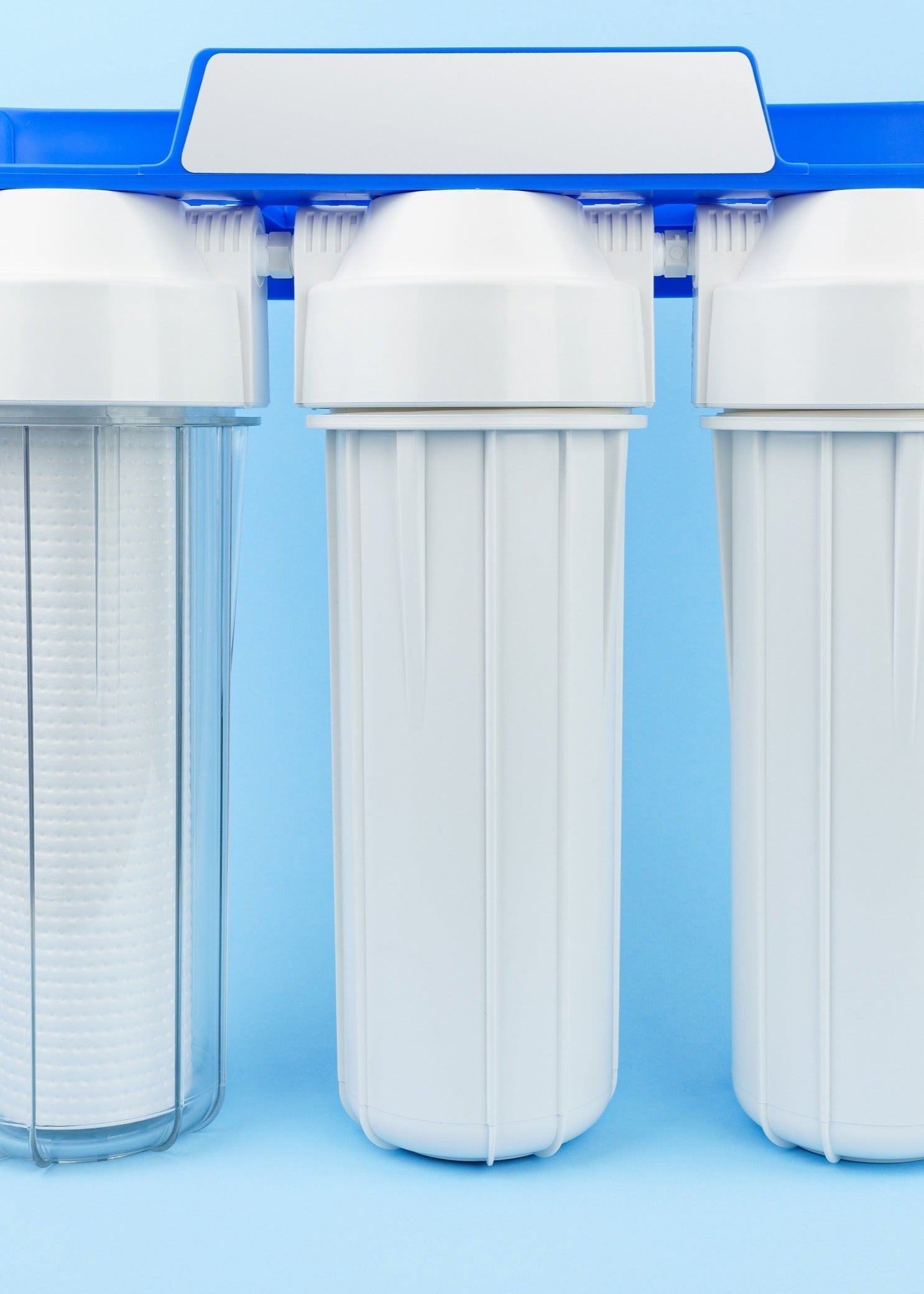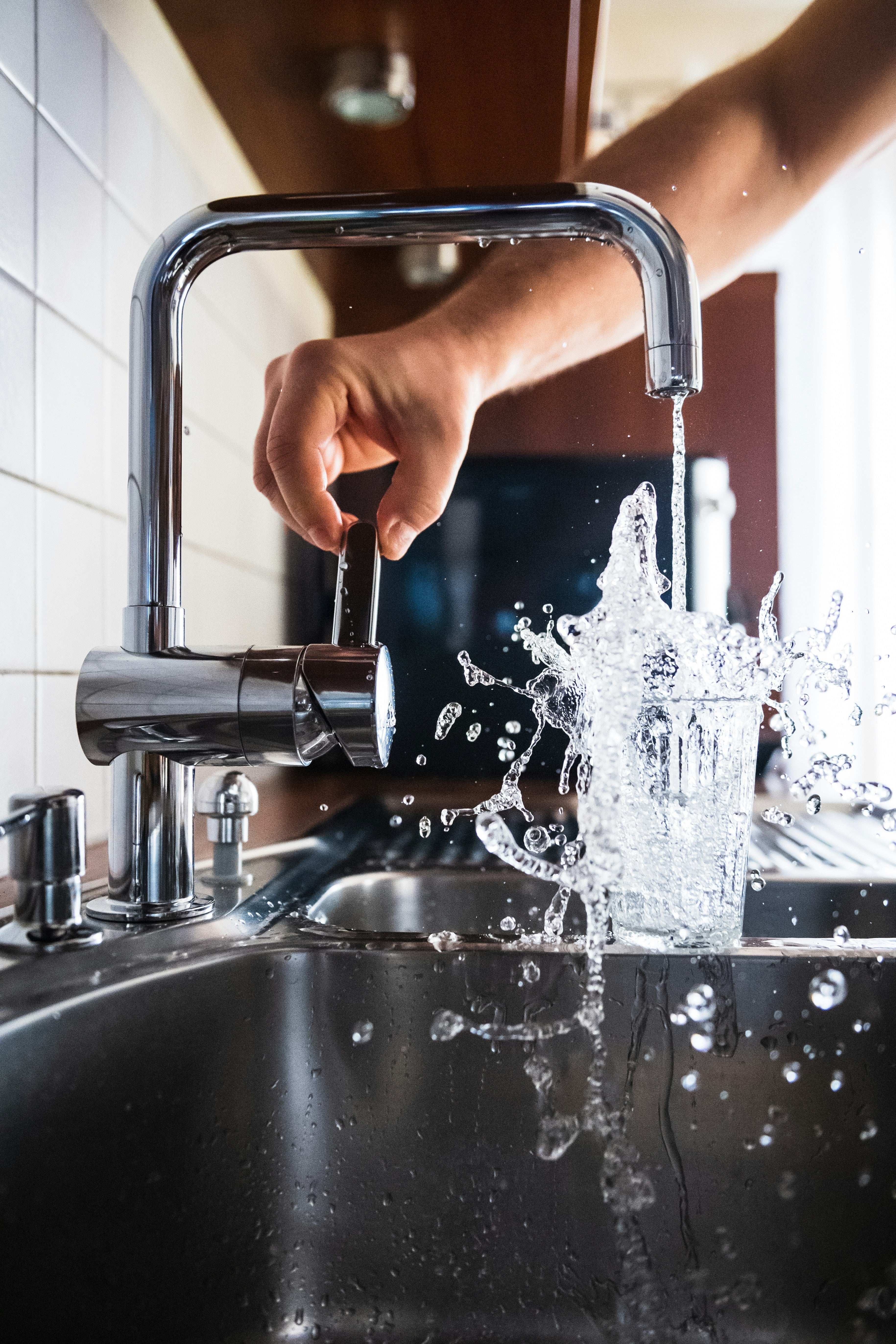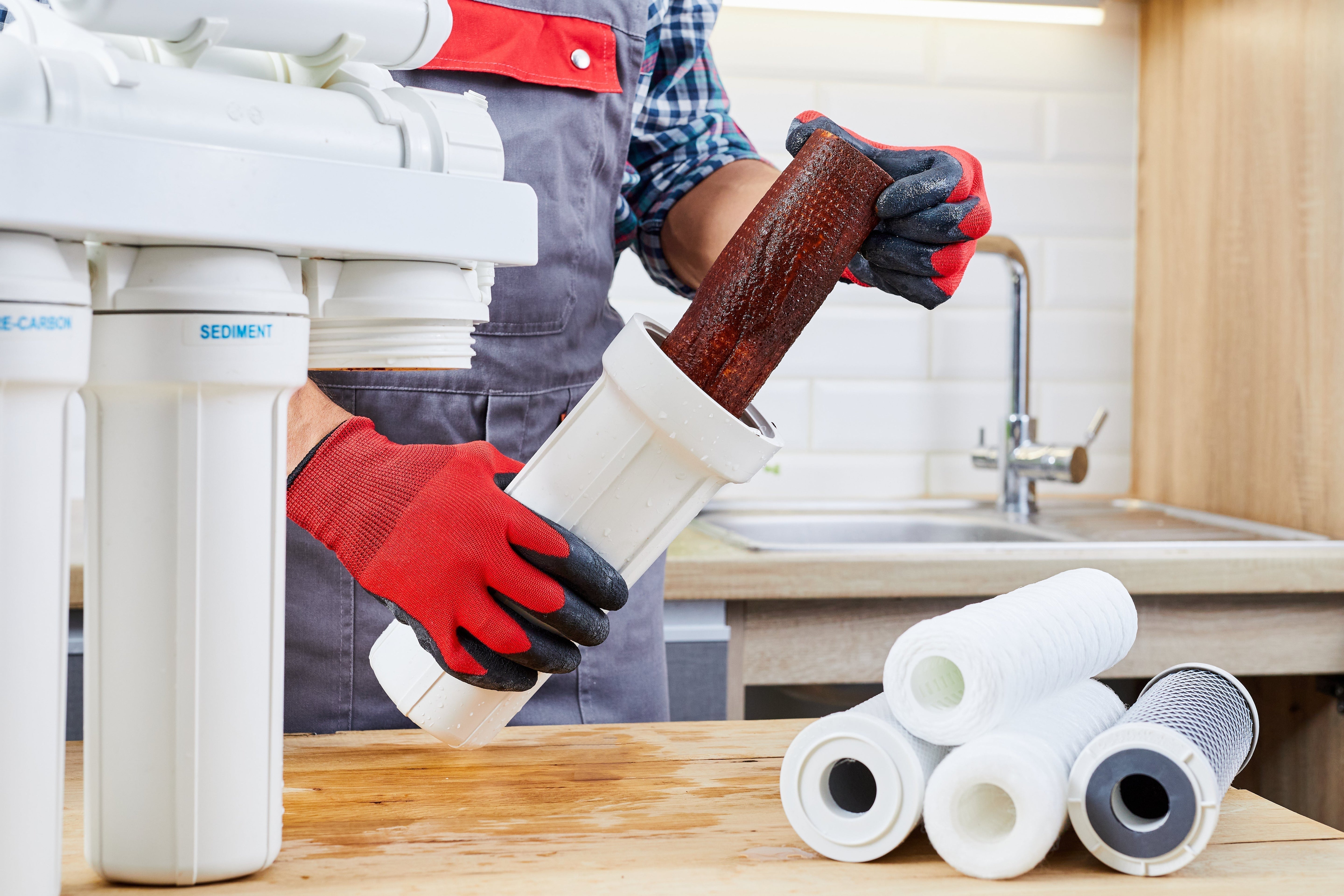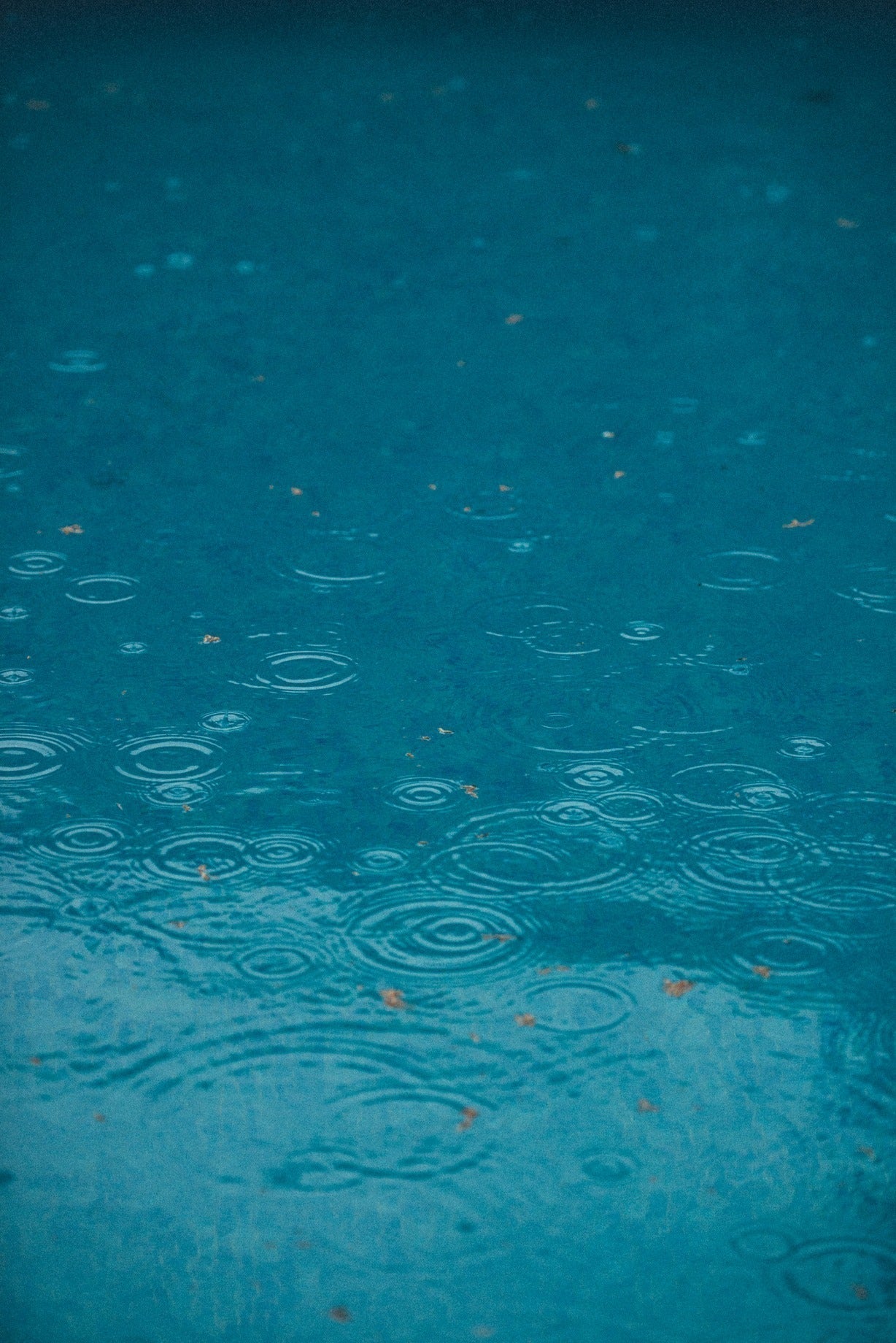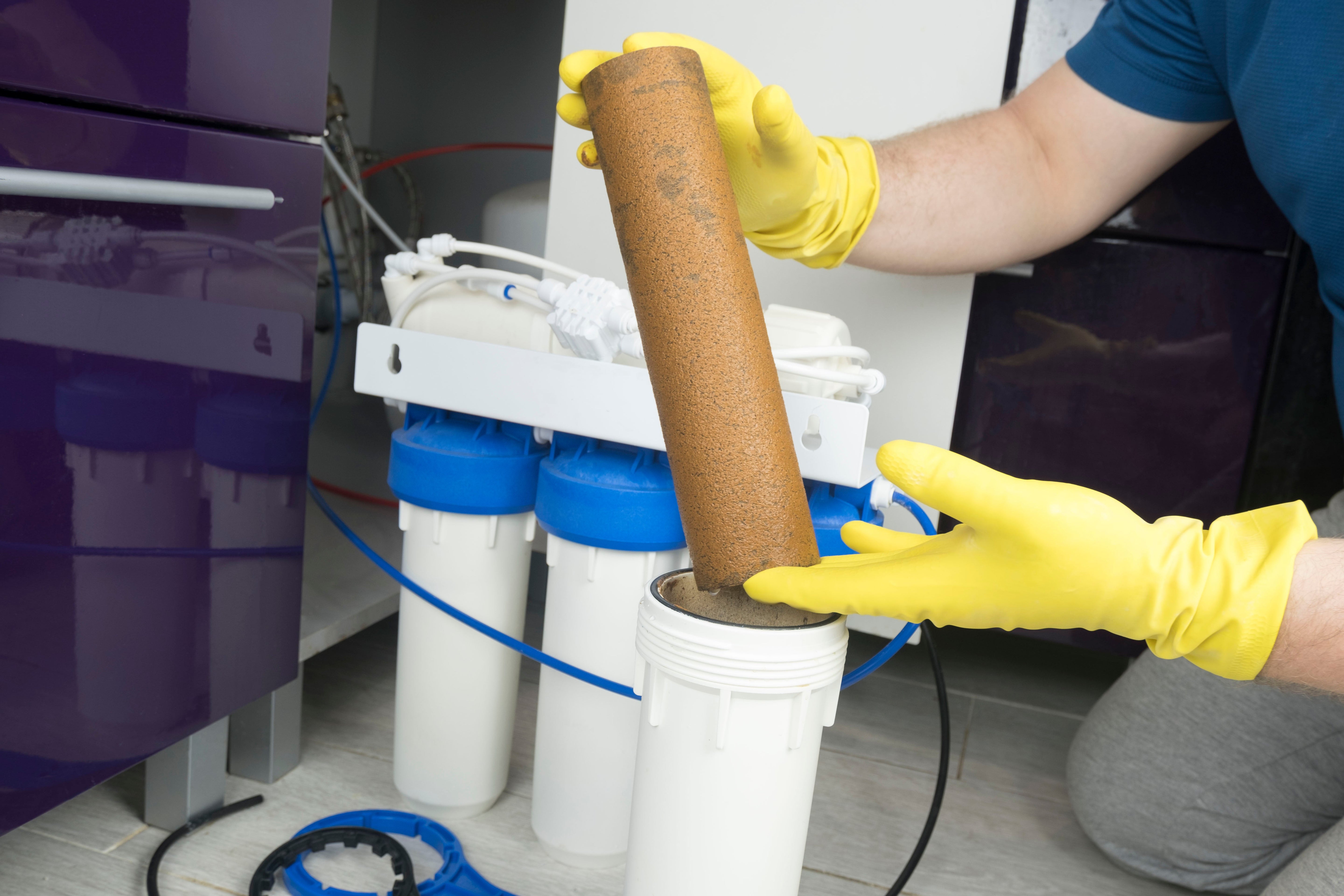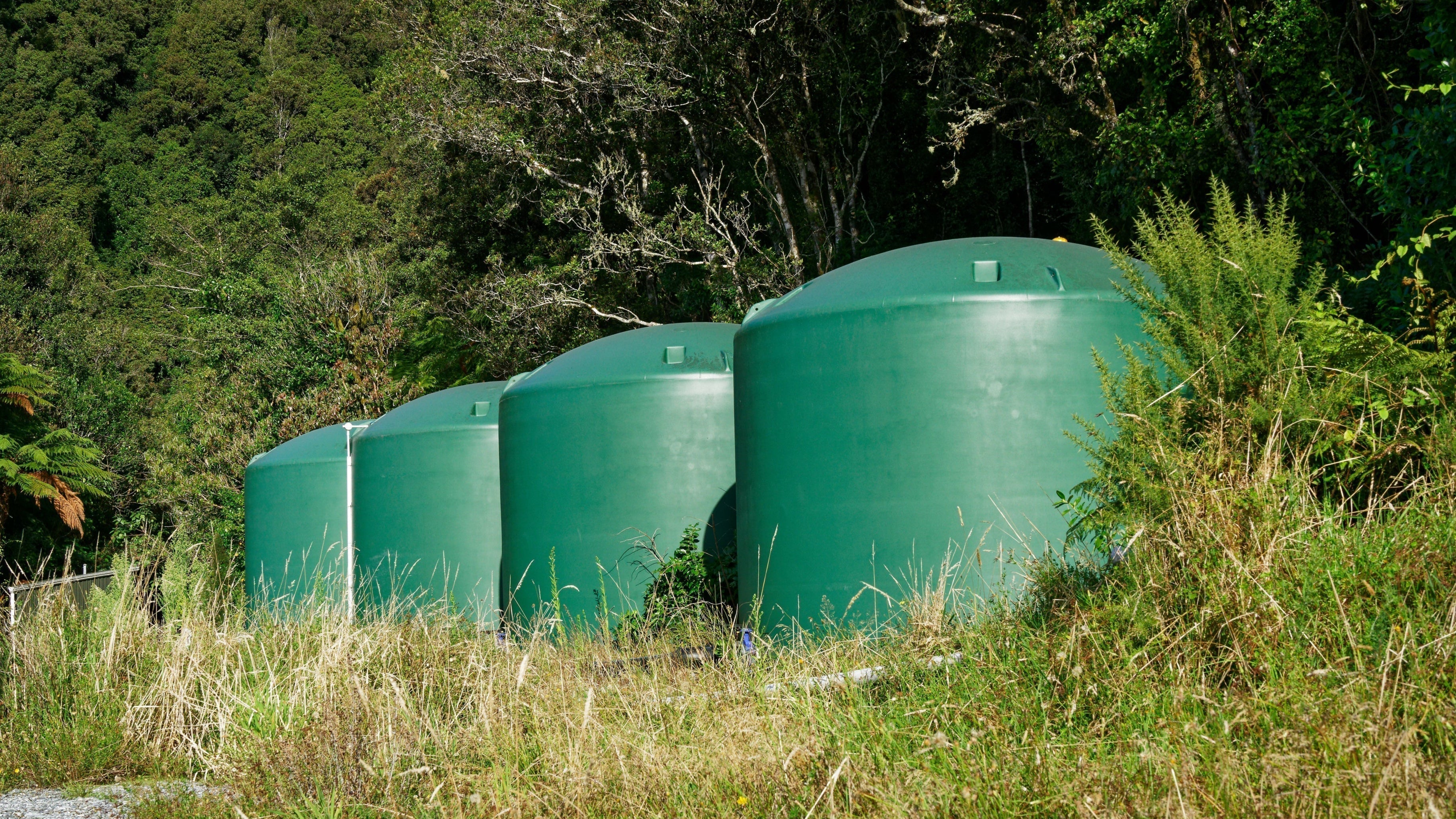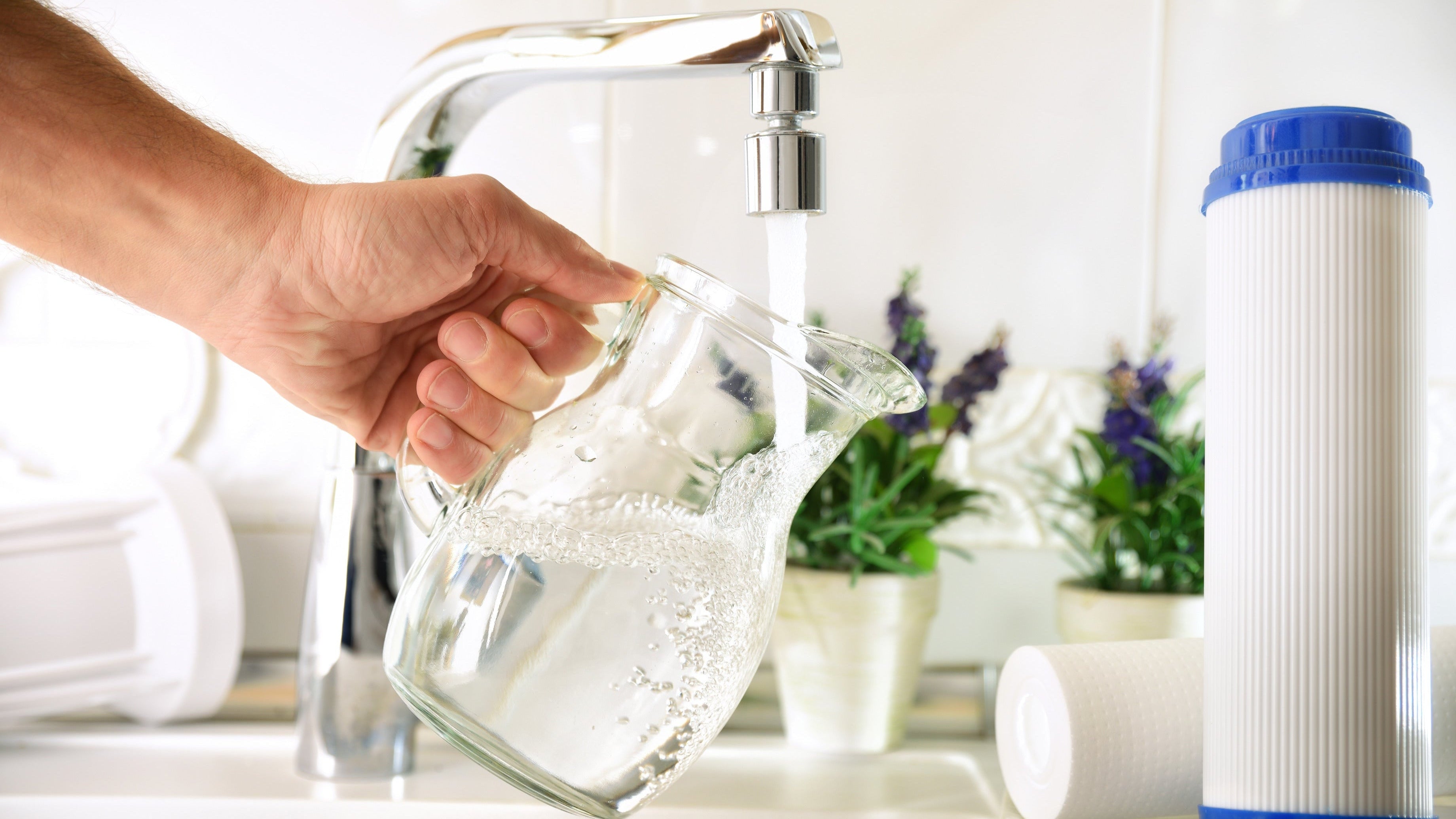
Do I need a water filter if I'm on town supply?
If you’re on town water supply, you may think you’re all set when it comes to water quality. After all, water coming from the mains is generally treated and tested to meet specific standards, right? But does that mean you don’t need a water filter? Not necessarily. While water treatment plants do a good job of ensuring your water is safe to drink, there are still several reasons why installing a water filter could benefit you and your family.
Let’s explore whether or not you need a filter if you’re on town supply.
1. Water Treatment and Chlorine
One of the primary ways that Town Supply Companies disinfect water is through the use of chlorine or chloramine. While these chemicals are effective at killing bacteria and pathogens, many people don’t like the taste or smell they leave behind in tap water. A water filter can help remove chlorine and other disinfectants, improving the flavour and odour of your drinking water.
2. Residual Contaminants
Even though Town Supply Water treatment plants do an excellent job of filtering out large particles and harmful microorganisms, some residual contaminants can still make their way into the water supply. These can include heavy metals like lead, copper, and mercury, as well as pesticides, herbicides, and pharmaceuticals that may be present in trace amounts. A good filtration system can target these contaminants, giving you an extra layer of protection.
3. Old or Corroded Pipes
In some areas, the condition of the pipes that carry water to homes can affect the quality of your tap water. Older pipes, especially those made from lead or galvanized steel, can leach harmful substances into the water supply. Even if the water supply is treated correctly, your plumbing may introduce contaminants that a water filter can remove.
4. Hard Water and Mineral Buildup
Town Supply Water, especially in areas with hard water, can contain high levels of minerals like calcium and magnesium. While not harmful to health, hard water can cause mineral buildup in pipes, appliances, and even on your skin and hair. Installing a water filter or a water softener system can help reduce the effects of hard water, keeping your appliances running smoothly and your skin feeling softer.
5. Fluoride Concerns
Town Supply Water companies add fluoride to some of the water supply to help reduce dental cavities. While fluoride is generally considered safe in small amounts, some people prefer to avoid it for various reasons, including concerns about potential long-term health effects. If you're among those who’d like to limit or remove fluoride from your drinking water, there are filters specifically designed to reduce fluoride levels.
6. Taste and Odor
Even if your town supply meets safety standards, there can still be occasional taste and odour issues. For example, high levels of minerals, algae, or even occasional water treatment plant issues can lead to unpleasant smells or tastes. A water filter can improve the overall drinking experience by ensuring your water tastes fresh and clean.
7. Emergencies and Water Quality Variability
Although Town Supply Water is generally reliable, there are occasional issues that could compromise water quality. For instance, construction or maintenance work on the water supply system could lead to temporary changes in water quality, such as the presence of sediment or chlorine spikes. In rare cases, water contamination can occur due to natural disasters or other unforeseen events. A filter system with a UV lamp can provide peace of mind during these unpredictable situations as they kill 99.9% of harmful bacteria, ensuring your drinking water stays safe.
8. Environmental Impact and Waste Reduction
Using a water filter at home can also help reduce your reliance on bottled water. If you’re concerned about reducing plastic waste or the environmental impact of transporting bottled water, filtering your tap water is an eco-friendly alternative. Plus, filtered water can taste better, so you’ll be more likely to drink plenty of water throughout the day.
9. Healthier Skin and Hair
Filtered water isn’t just beneficial for drinking— it can also make a difference in the quality of your skin and hair. Hard water and chlorine in untreated tap water can dry out your skin and hair, causing irritation and damage. A filter can remove chlorine and soften hard water, leaving your skin feeling moisturized and your hair softer and shinier.
10. Peace of Mind
Even with Town Supply Water, there may be peace of mind in knowing that you’re proactively filtering your water. While Town Supplies do their best to meet safety standards, having an additional level of filtration can reassure you that you’re doing everything you can to protect your health and the health of your loved ones.
Do You Really Need a Filter?
Ultimately, whether or not you need a filter depends on your specific situation. If you’re happy with the taste and quality of your tap water and don’t have any concerns about contaminants, you may choose to forgo a filter. However, for those who are sensitive to chlorine taste, concerned about specific contaminants, or want to improve their overall water quality, a water filter can be a smart investment.
Conclusion
Even if you’re on Town Water Supply, a water filter can still provide valuable benefits. From improving taste and odour to removing residual contaminants and reducing the effects of hard water, a filter can enhance your water quality in ways that Town Supply treatment may not cover. Plus, if you’re concerned about specific issues like chlorine, fluoride, or contaminants from old pipes, installing a water filter adds an extra layer of protection.
At the end of the day, it’s all about what makes you feel most comfortable and confident about the water you drink and use in your home.
Still not sure, or keen to get filtering? Read about our services or get in touch.
Rodney Water Filters ships water filtration products all around New Zealand. We also offer water filter replacement services in Albany, Whangaparāoa, Orewa, Red Beach, Dairy Flat, Waitoki, Helensville, Wainui, and Kaukapakapa (around the Rodney region of Auckland).

